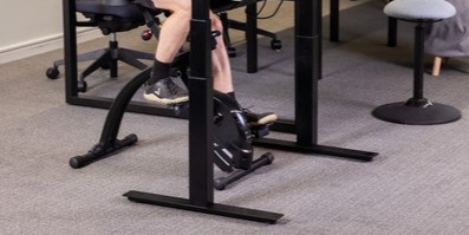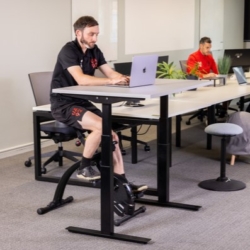September 18, 2024
Third of people would like workplace AI ban, half feel jobs are insecure
 A new poll from CYPHER Learning claims that one in three workers would like to see AI banned from the workplace, while nearly half express concern that AI poses a threat to their future job security. The study, suggests that women, workers over the age of 55, and those in clerical or manual labour roles feel most at risk. The survey of 4,543 workers across the US, UK, and Mexico found that AI is reshaping job roles, with 63 percent of respondents reporting that AI technologies has already changed the skills required for their jobs. More than half of those surveyed (52 percent) believe that AI will either completely transform or have a major impact on their roles within the next two years. As a result, 38 percent of workers anticipate the need for retraining due to job obsolescence, and almost half (45 percent) are worried about their future job security. (more…)
A new poll from CYPHER Learning claims that one in three workers would like to see AI banned from the workplace, while nearly half express concern that AI poses a threat to their future job security. The study, suggests that women, workers over the age of 55, and those in clerical or manual labour roles feel most at risk. The survey of 4,543 workers across the US, UK, and Mexico found that AI is reshaping job roles, with 63 percent of respondents reporting that AI technologies has already changed the skills required for their jobs. More than half of those surveyed (52 percent) believe that AI will either completely transform or have a major impact on their roles within the next two years. As a result, 38 percent of workers anticipate the need for retraining due to job obsolescence, and almost half (45 percent) are worried about their future job security. (more…)


































September 10, 2024
What we should learn from the sad story of Denise Prudhomme
by Mark Eltringham • Comment, Flexible working, Wellbeing